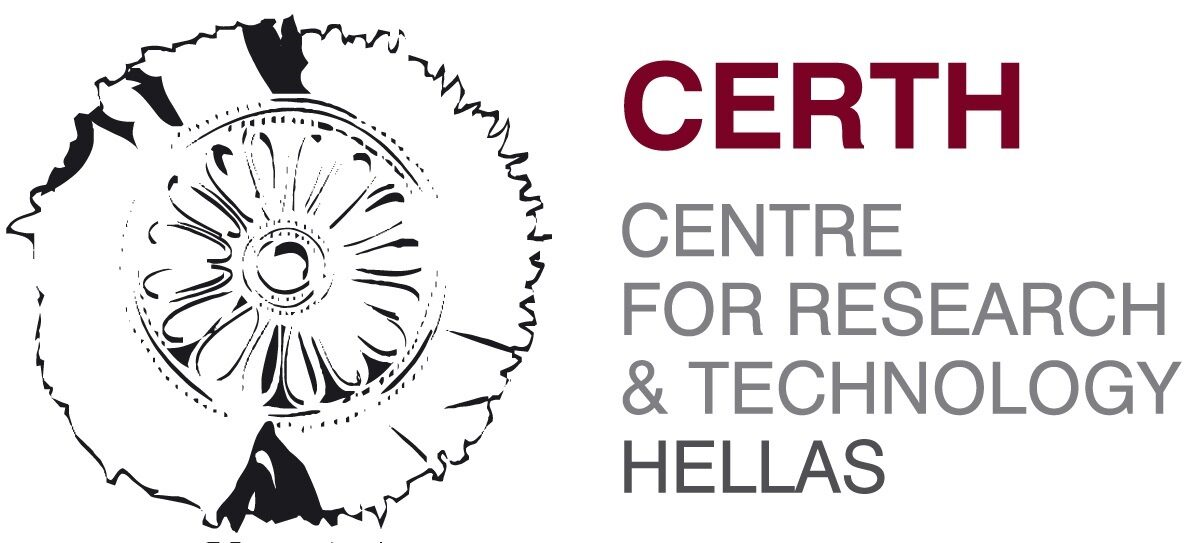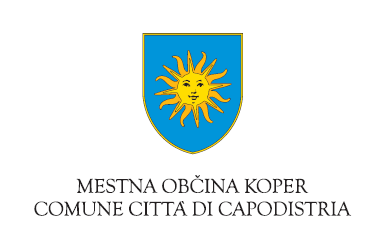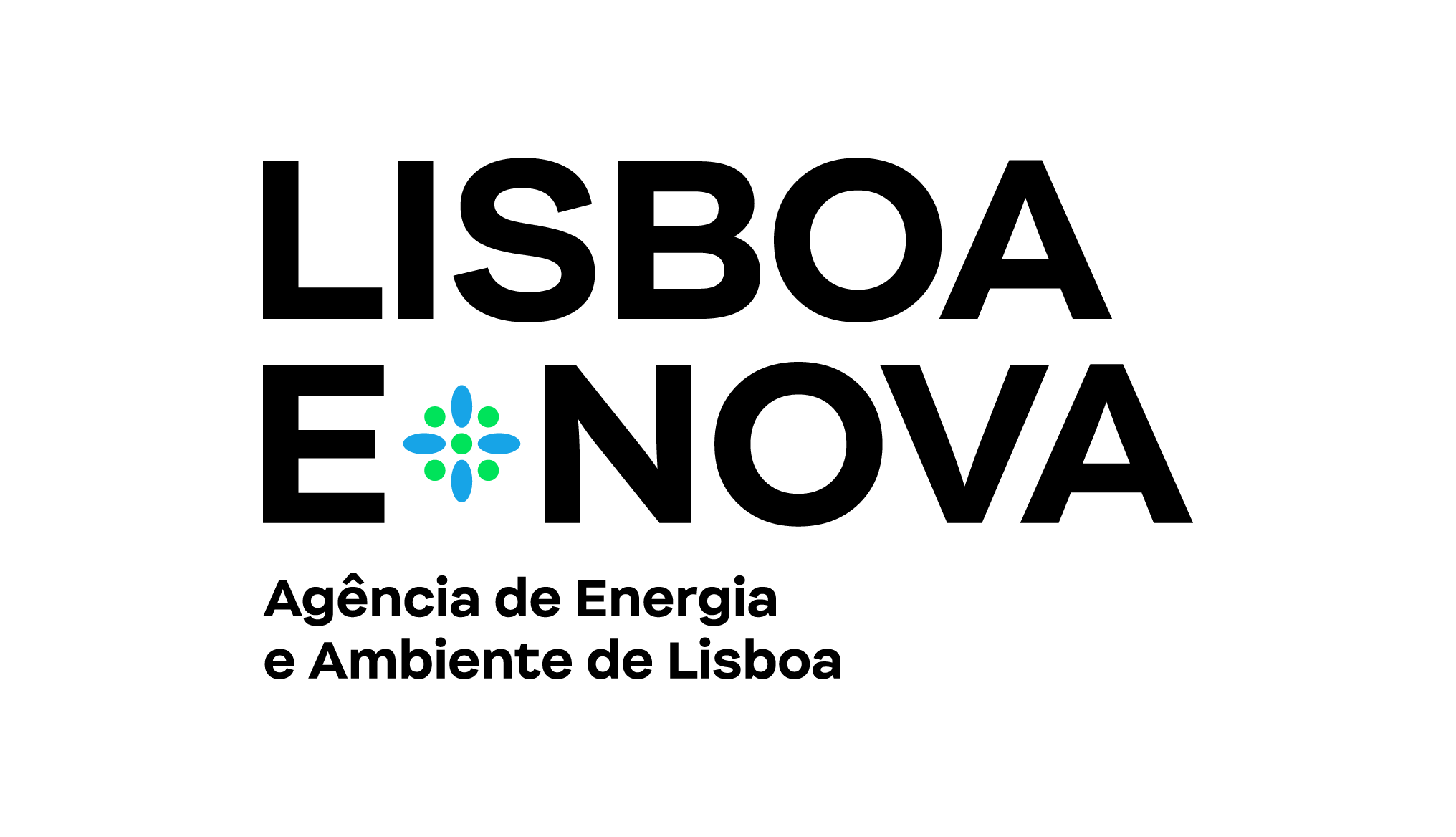
Our story
The MED COLOURS consortium consists of a total of 11 partners from 7 different European regions:
Italy, Belgium, Greece, Spain, Portugal, Slovenia and France.
MED COLOURS is an EU project co-funded by the Interreg Euro-MED programme. Launched in January 2024, COLOURS has a total duration of 33 months, during which it aims to scale up towards a new generation of logistics and urban planning to enable the transition to decarbonised and smart cities. By developing new SULPs, MED cities will plan resilient, sustainable, integrated and collaborative innovation-oriented solutions for FUAs. This would help reduce the negative impacts of transport and logistics activities.
PARTNERS

The Institute for Transport and Logistics (ITL) is the Lead Partner of the MED COLOURS project. ITL is a no profit body founded on 17th December 2003. Its purpose is to contribute to the development and promotion of logistics and transport systems in the Region Emilia-Romagna through research, consultancy and training.

Open ENLoCC (European Network of Logistics Competence Centers) is an open network of regional logistics competence centres in the field of logistics, run by public authorities or similar bodies. The main task of the network is the international exchange of experience and knowledge between its paticipants and the promotion of a higher level of cooperation with European institutions.

The Hellenic Institute of Transport (HIT) is a non-profit organization founded in 2000 as part of the Centre for Research and Technology Hellas (CERTH). HIT’s mission is to provide state of the art research and to create innovation in the field of transport, on issues related to the planning, development and operation of land, maritime, air, and multimodal transport systems and services.

Zaragoza Logistics Center (ZLC) is an international center of excellence for research and education in logistics and Supply Chain Management affiliated to the Massachusetts Institute of Technology and the University of Zaragoza. ZLC actively engages with industry and the public sector to develop and disseminate knowledge, enhancing economic growth and business competitiveness through innovation.

Created in 1999 by Lyon Metropolitan Authority and chaired by the Mayor of Lyon Mr Grégory Doucet, the Local Public Company (SPL) Lyon Confluence is the developer of a district in the south of Lyon’s Peninsula: La Confluence. SPL manages the Lyon-Confluence urban project and its property development, conducts studies, manages public spaces, carries out eco-retrofitting operations and coordinates European innovation projects.

MemEx is an engineering consultancy company, specialised in Public Transport, ITS systems, Urban and Port Logistics, Smart Cities, and Sustainable Mobility. It offers technical assistance for ITS systems and digital solutions for Local Administrations, Transport Companies, and more. MemEx excels in managing EU-funded research and innovation projects, partnering in smart and sustainable transport, and urban logistics.

The Municipality of Livorno is a territorial public body, which among its various competences deals with sustainable urban mobility. It adopted its SUMP in 2021, which underlains the main logistics problems. The Municipality, also, approved its UVAR (Urban vehicle access regulation) scheme to restrict vehicle access to urban areas. With a population of 157,024 inhabitants, Livorno is a wide city-port and the third-largest city in Tuscany.

The University of Maribor is the second largest public university in Slovenia and consists of 17 faculties, one of which is the Faculty of Civil Engineering, Transportation Engineering and Architecture. The faculty provides education and undertakes international, national and regional scientific and R&D projects. The Transport Economics Centre (TEC), part of the project, has been involved in over 30 EU funded project in different programmes, focusing on transport and logistics-related initiatives.

The Municipality of Koper represents the local government for Koper and its hinterland. Its main tasks, derived from national legislation, encompass a wide array of services including social affairs, tourism, public transport, waste management, and environmental protection. This diverse range of responsibilities ensures the well-being and development of both the city and its surrounding areas.

Lisbon City Council (CML, Câmara Municipal de Lisboa) is the municipality’s executive body. Its mission is to define and implement policies that promote the development of the municipality of Lisbon in areas such as health, education, housing, the environment, spatial planning and urbanism, mobility, transport and communications, civil protection, sports and culture.

Lisboa E-Nova – Lisbon’s energy and environment agency is a private non-profit leading the city’s energy and decarbonisation transition in urban mobility, circular systems (water, food, waste), and through communication and education. We aim at making Lisbon one of Europe’s 100 Smart and Climate Neutral Cities via climate action, citizen inclusion, and resilience, with our technical experience and expertise.

